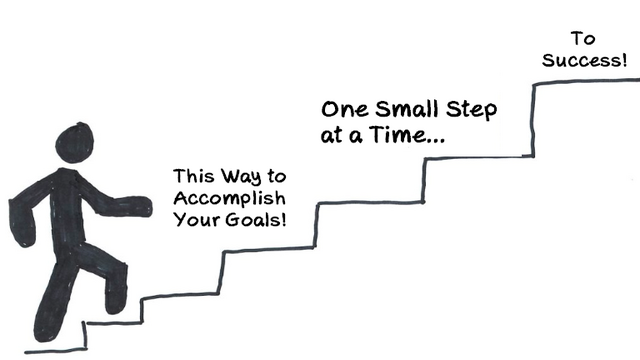Overcoming Procrastination: Practical Strategies for Getting Started and Staying on Track

Procrastination is a common problem that can hold you back from reaching your goals and achieving your full potential. It's easy to get into the rhythm of putting things off, especially when it's not fun or you have more fulfilling things you can do instead. However, with the right strategies and mindset, it's possible to overcome procrastination and get things done.
Here are a few strategies for overcoming procrastination:
1. Identify the causes of your procrastination
First, you need to understand what's causing you to put things off. Examine your priorities, identify any underlying fears or doubts, and examine your work environment and habits. By understanding the root causes of your procrastination, you can work on improving yourself in these areas.
2. Set clear and achievable goals
Set clear and achievable goals, break those goals into smaller, more manageable tasks, and set deadlines for each task. By setting clear and achievable goals, you'll be able to easily see your progress, and these small wins eventually snowball into larger gains.
3. Create a schedule and stick to it
Creating a schedule and sticking to it can also be a powerful way to overcome procrastination. Set aside specific blocks of time for work, and schedule breaks to rest and recharge. By creating a schedule and sticking to it, you'll have a clear plan for your workday and be less likely to get sidetracked or put things off.
4. Eliminate distractions
Eliminating distractions is another way to overcome procrastination. This might involve turning off your phone, disabling notifications, or finding a quiet place to work. By reducing distractions, you'll be able to focus on your work and make better progress.
5. Use the "15-minute rule"
If you have a task that you're procrastinating on, set a timer for 15 minutes and commit to working on it for that amount of time. Often, once you get started, you'll find that you're able to continue working beyond the 15 minutes. By using the "15-minute rule," you can trick your brain into getting started and building momentum.
6. Use positive self-talk
Using positive self-talk can also be a helpful strategy for overcoming procrastination. Remind yourself of the benefits of completing the task, or tell yourself that you can handle the challenge. By using positive self-talk, you can build your confidence and motivation which will help you get things done.
7. Seek help and support
Getting help from others can also be a powerful way to overcome procrastination. Enlist the help of a coach or mentor, or share your goals and progress with a friend or accountability partner. By seeking support, you'll have someone to help keep you motivated as you work on your tasks.
By following these strategies and being persistent and consistent, you can overcome procrastination. Remember, you need to identify the causes of your procrastination, set clear and achievable goals, create a schedule and stick to it, eliminate distractions, use the "15-minute rule," use positive self-talk, and seek support. With practice and patience, you can learn to overcome procrastination and achieve your goals.
How to manage an IT Project
Managing an IT Project requires much planning and coordination, and may have many challenges.
Email Phishing Trends In 2020
Our "State of the Phish" details phishing activity we are seeing in the corporate email space in 2020.


